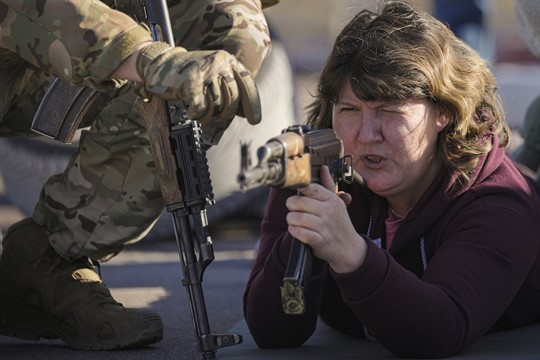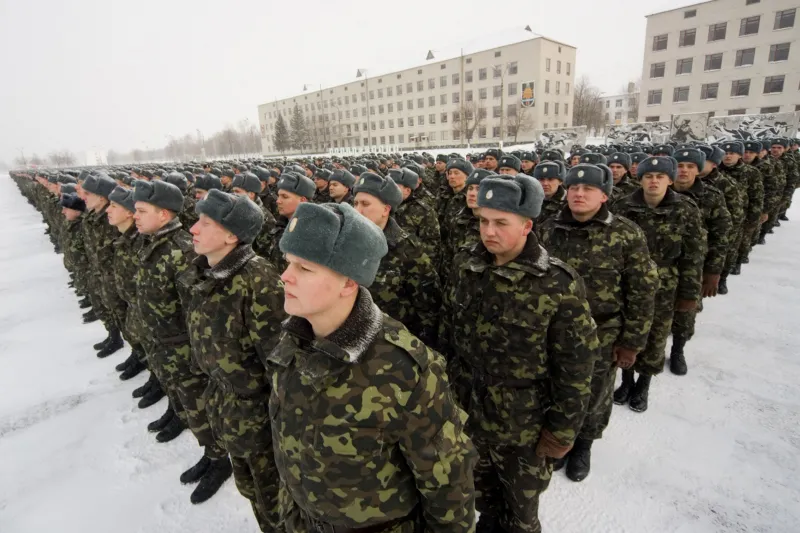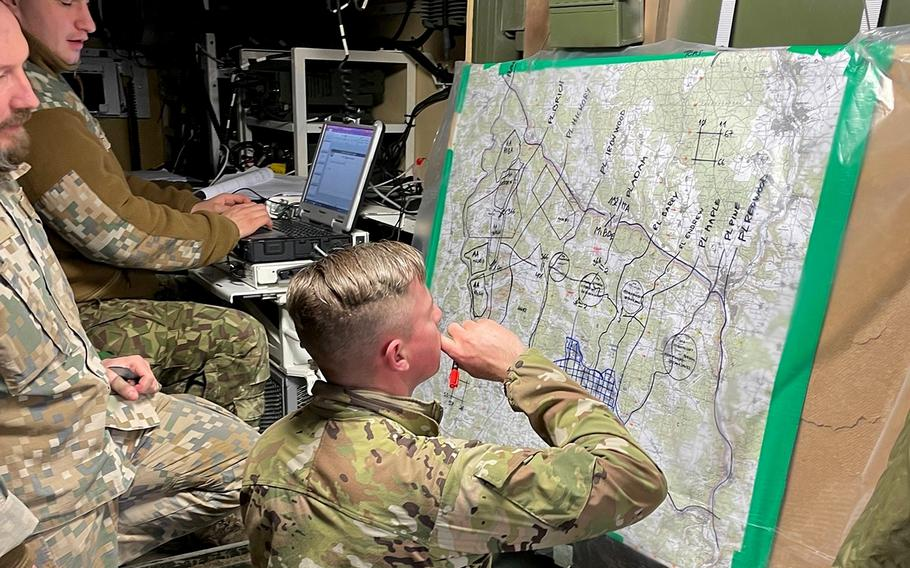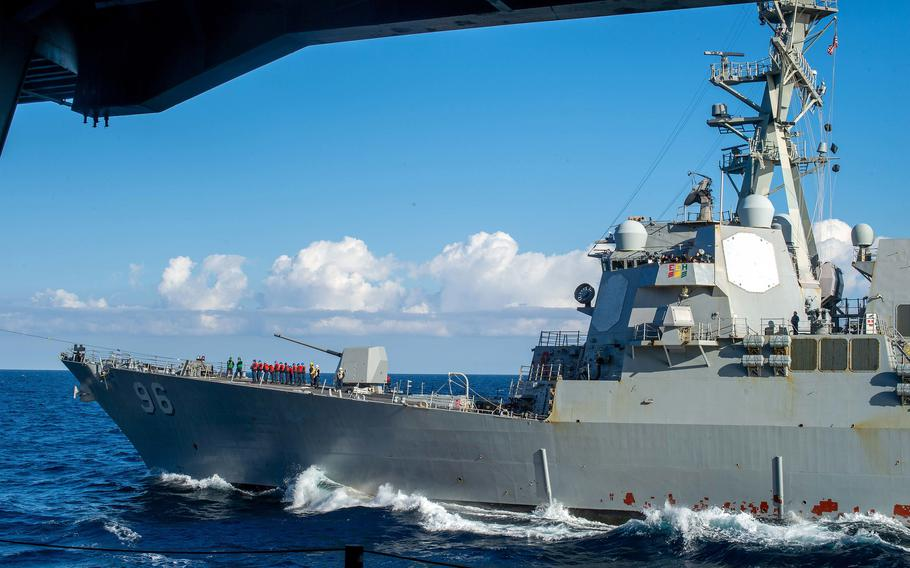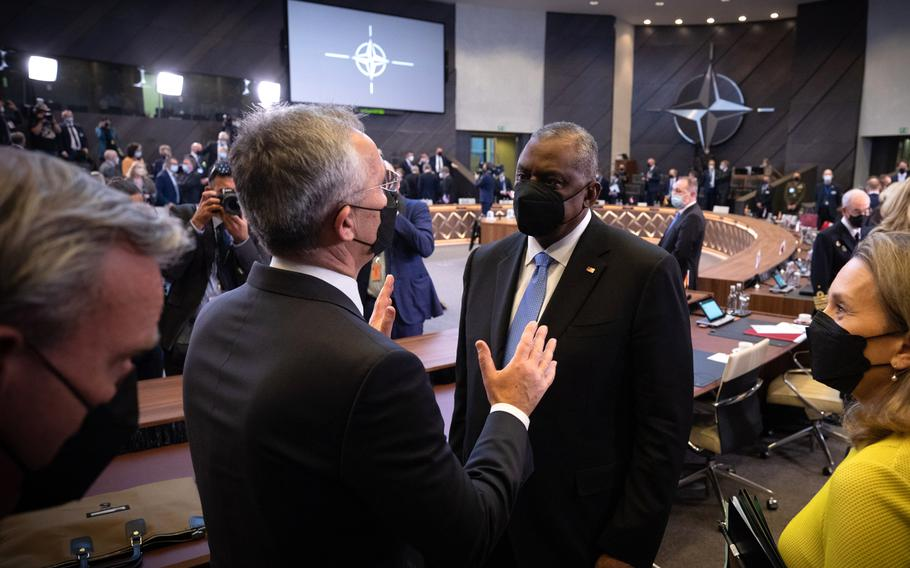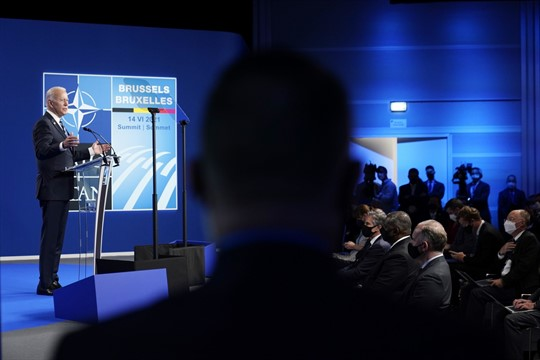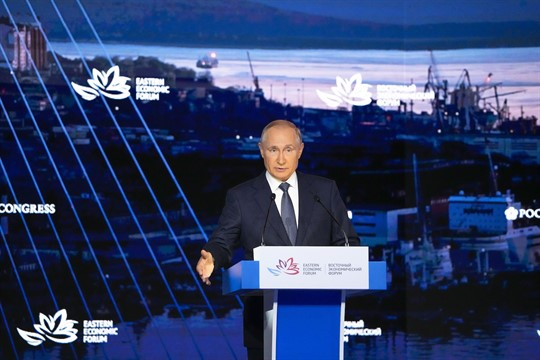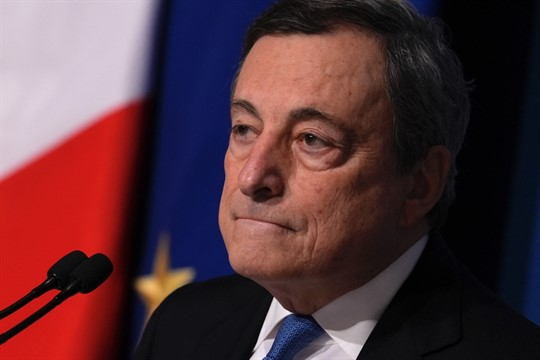Biden’s Russia speech: Hypocrisy, lies and warmongering
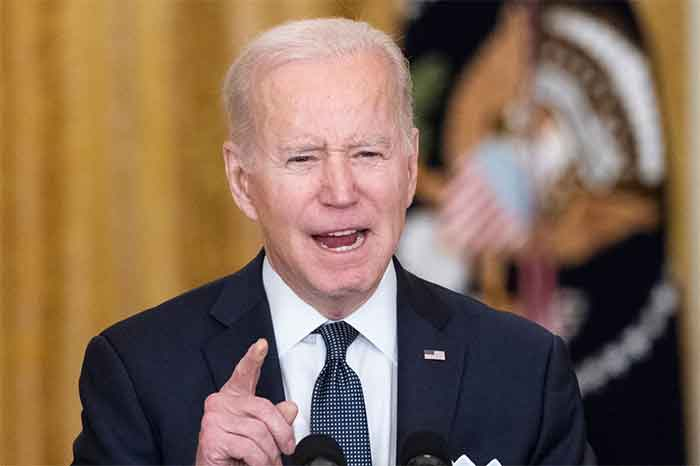
On Tuesday, the day before the United States had previously claimed Russia would launch a full-scale invasion of Ukraine, US President Joe Biden gave a speech in which he doubled down on his threats of a “bloody, destructive war” even though no Russian invasion was forthcoming.

